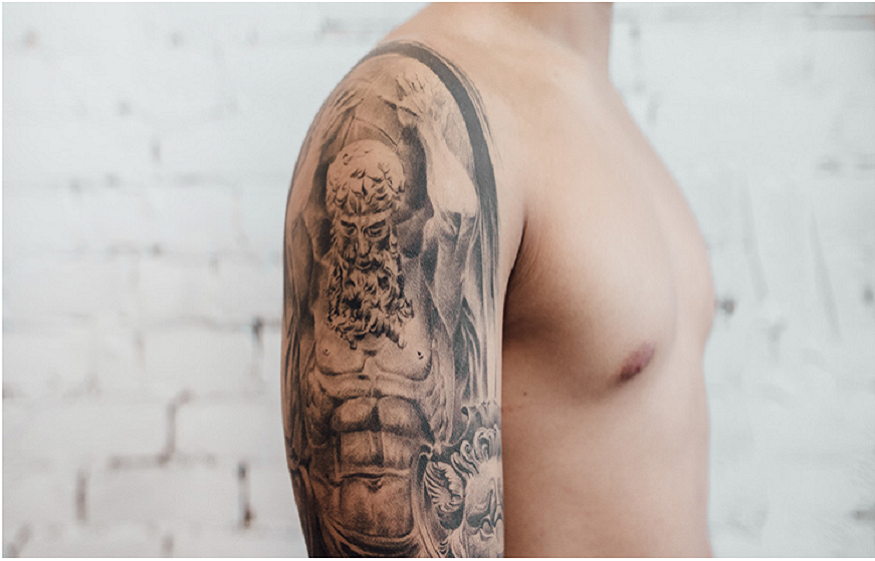Tattoo prices depend heavily on several variables, such as size, complexity, reputation, experience of the artist, and location of their studio.
Simple tattoos typically cost between $50 and $200, while more intricate designs may cost several hundred to several thousand dollars. Some tattoo artists charge by the hour; others have set fees for finishing each design.
Tattoo artists use only sterile equipment when performing tattooing services professionally.
Professional tattoo artists take great care to ensure their equipment is free from bacteria and viruses that could potentially pose health risks, using disposable needles and materials such as tape to avoid cross-contamination and ensure as safe an experience as possible for their customers.
Tattoos only apply to the second skin layer.
Tattoos are applied by inserting needles directly into the second layer of skin known as the dermis, which contains connective tissues more resistant to injury and infection than its outer skin layer. A needle penetrates this second layer to apply ink evenly and safely across its entirety.
Aftercare is key in order to avoid infection and ensure its prevention.
Though tattoos are generally safe, infections may still arise if aftercare instructions are ignored. To decrease the chances of infection and promote proper healing, it’s essential that aftercare instructions be strictly observed and never touch tattooed areas with dirty hands or without applying antibiotic ointment as directed. Adherence will reduce infection risks significantly while speeding healing time.
Tattoo ink is subject to FDA regulation within the US, requiring tattoo ink manufacturers to list their ingredients and adhere to stringent safety guidelines in order to protect consumers and limit adverse reactions. This ensures the highest level of safety possible and lessens risk.
Tattoo inks usually do not cause allergic reactions in most individuals.
Tattoo inks made up primarily of organic pigments have been around for centuries and do not typically cause allergic reactions in their users. Most tattoo artists conduct skin patch tests before proceeding with any tattoo session to ensure no allergic reaction occurs.
Tattoo artists are trained professionals.
Professional tattoo artists go through extensive training and certification to demonstrate their expertise and knowledge of safety procedures. They learn proper sterilization methods, infection control protocols and cross-contamination prevention measures as well as possess an in-depth understanding of skin anatomy for safe tattoo application.
Modern technologies increase safety.
Tattoo technology advances have dramatically made tattooing safer than ever, with autoclaves used to use steam sterilize equipment and disposable cartridges that prevent cross-contamination between clients. Many artists also rely on digital designs instead of stencils for customized tattoo designs and improved tattoo accuracy.
This post was written by J Michael Taylor. J Michael Taylor is an artist and owner of Black Amethyst Tattoo Gallery. Black Amethyst is the best amongst St Pete tattoo shops. They provide an art-first approach to custom tattooing in a gallery setting.

